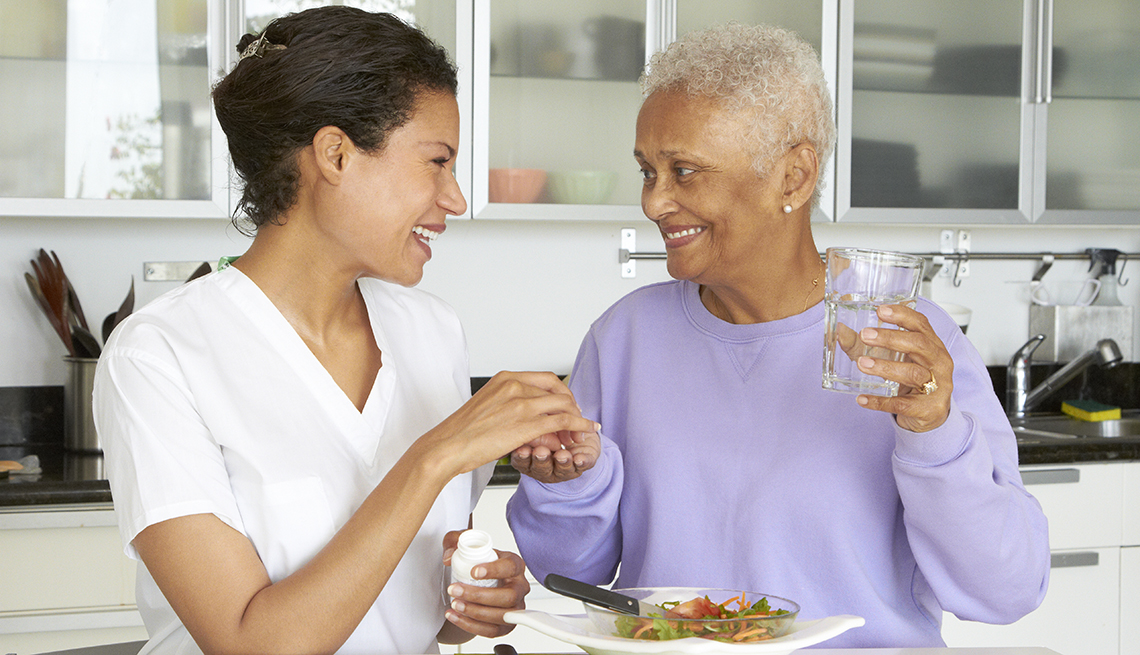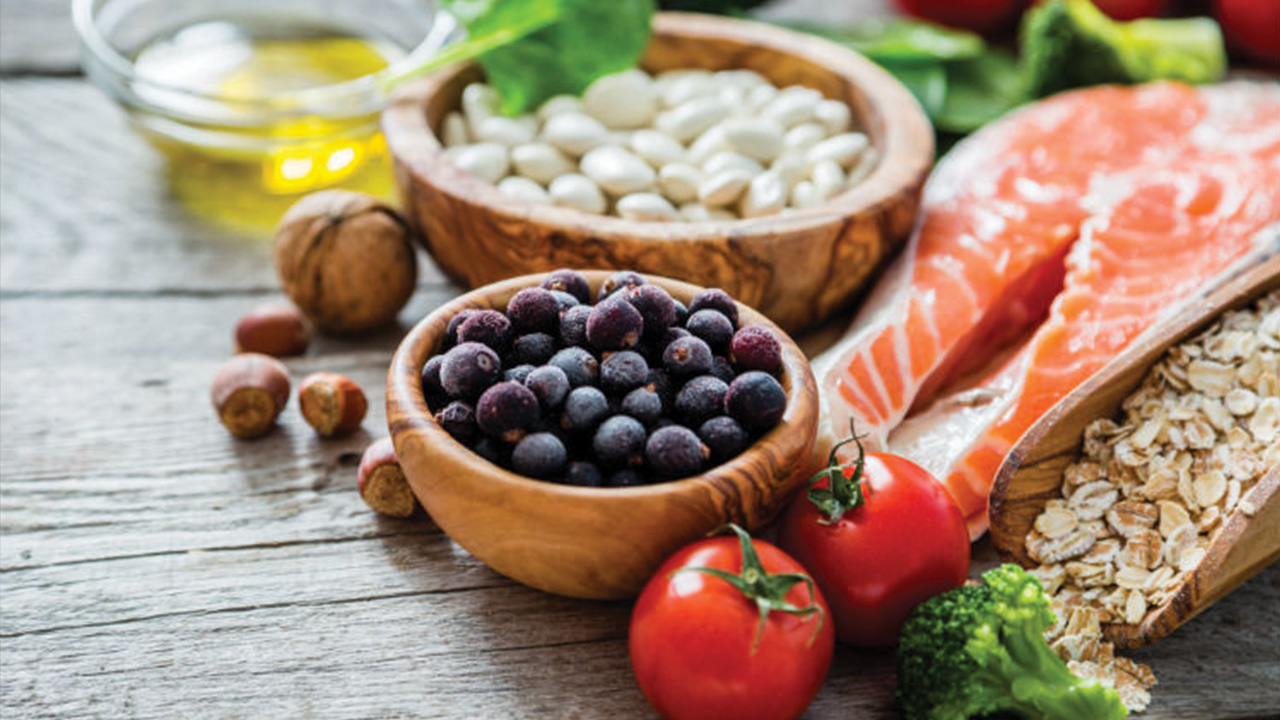
When it comes to the health and wellbeing of a loved one, food management is an integral part of home nursing. From providing nourishment that can boost healing to reducing risk factors for chronic conditions and illnesses, food plays a critical role in ensuring optimal health outcomes.
However, this doesnt mean sacrificing taste and enjoyment – striking a balance between health and palate is key. In this article well take a look at the importance of food management in home nursing, how you can ensure both nutrition and pleasure are being met, as well as tips on how to make nutritious meals that still tantalize the taste buds.
Rethinking Dietary Management for At-Home Patients

Source: www.news-medical.net
As at-home nursing has become increasingly important in the health care industry, it is critical to understand how to manage dietary needs for patients living in their own home. With a focus on balancing both health and palate, this article explores the ways that food management can be used as an effective tool for providing quality care to those who need it most.
From understanding proper nutrition requirements based on medical conditions and prescriptions, to creating well-balanced meals that taste good and meet dietary restrictions, there are many facets of dietary management that require thoughtful consideration from nurses when working with at-home patients. Additionally, establishing regular meal times and involving family members or caregivers in the preparation process are essential components in ensuring successful outcomes for all parties involved.
Ultimately, food management plays a crucial role in providing quality care while considering both patient satisfaction and overall health goals. By taking into account these various factors when providing guidance around diet planning and execution, nurses can ensure they are delivering best practices while rethinking traditional approaches to dietary management for at-home patients.
The Power of Nutritional Education in Home Care Settings

Source: www.aarp.org
The importance of nutritional education in the home care setting cannot be overstated. In a nursing home, food management is essential to maintaining the health and wellbeing of patients.
By understanding how to balance both nutrition and taste, nurses can create meals that are healthy and satisfying for their clients. Nutritional education helps nurses understand what types of foods to provide for optimal health outcomes.
It also helps them identify potential problems or nutritional deficiencies before they become serious issues. With appropriate dietary guidance, nurses can ensure their clients receive proper nourishment while avoiding unhealthy habits or risky diets.
Furthermore, nutritional education teaches nurses about meal planning strategies for managing specific medical conditions such as diabetes or hypertension. Educating caregivers on how different ingredients interact with one another allows them to better serve their patient’s needs while still providing delicious meals that are appealing to the palate.
Nutritional knowledge also helps inform decisions around portion size and nutrient density per serving, allowing healthcare professionals to maximize nutrition without compromising flavor. In summary, good food management in a home care setting requires more than just an understanding of basic nutrition—it demands an appreciation of the complex interplay between diet and overall health outcomes as well as skillful balancing between taste and nutritiousness when preparing meals for elderly patients under nursing supervision at home.
.
Understanding Food Preferences and Health Needs When Caring For Elderly Patients at Home

Source: agingcare.com
When caring for elderly patients at home, understanding their food preferences and health needs is paramount. The challenge of balancing nutrition with taste can be difficult to manage without proper knowledge and resources.
Ideally, caregivers should strive to provide meals that are tailored to the unique dietary restrictions of each patient while still being palatable. Nutritionists may need to be consulted in order to ensure that meal plans are optimally designed for each individuals specific medical condition or allergies.
Additionally, it is important for caregivers to understand how different cultures view food and incorporate that into meal planning. For example, some individuals may prefer a vegetarian diet due to religious reasons or personal beliefs – this must also be taken into consideration when creating menus.
Home nursing requires not only an understanding of what foods people find appetizing but also how they interact with each other nutritionally; certain combinations or groupings of ingredients can help maximize nutrient absorption while minimizing potential side effects from medications or chronic illnesses such as diabetes. Caregivers should take the time to study which foods work best together in order to ensure the overall wellbeing of their charges is kept in mind when preparing meals throughout the day.
In conclusion, providing adequate nutrition within acceptable tastes is no easy feat when it comes to caring for elderly patients at home – however, with proper research and professional consultation if needed – it can be done! A well-balanced diet tailored towards individual needs will go a long way towards ensuring quality living standards during their golden years.
Conclusion

Source: medlineplus.gov
In conclusion, food management plays a critical role in home nursing services. It is important to maintain balance between health and palate while preparing meals for patients that are being cared for at home.
Meal planning needs to be tailored to the individuals nutritional requirements and preferences, taking into account any allergies or other dietary restrictions they may have. With the right approach and commitment, it is possible to provide nutrition that both meets the patient’s medical needs as well as satisfies their taste buds.







